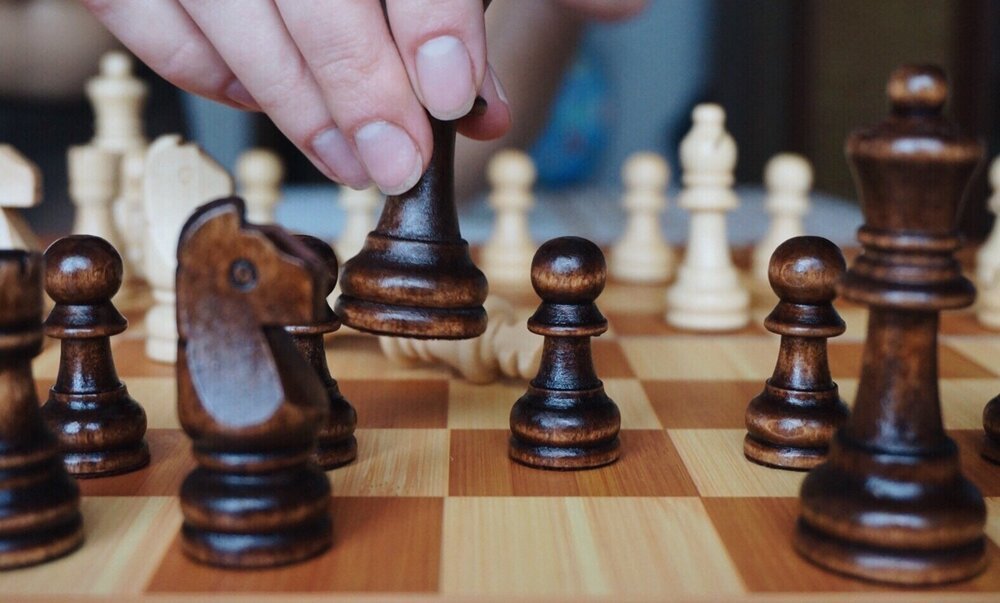Employees who aspire to be the best: the CliftonStrength of competition
I was once in a training session when one of the women asked everyone in the group to play Rock, Paper, Scissors. You’ve played it, right? Great game.
We all played, laughing and wondering why she’d suggested it.
After we settled down, she described how, even though we’d all played the same game, we’d all just experienced something a little bit different. She explained that each person plays that game using a different lens, based on their CliftonStrengths. Some people play because it’s fun; others love calculating the percentages and strategy behind their choices; others play simply because those were the instructions; and some people play to win.
We all know someone who falls into that latter category and they almost always have the CliftonStrength of Competition.
People with the strength of competition are acutely aware of their competitors, they aspire to be the best at what they do, and they love to win—to say they dislike coming in second is putting it mildly.
In a business setting, these people can be fantastic employees because they inspire others with their spirit, their energy, and their talent. Their drive to be the best can influence others to feel that way, too, spurring the team to try to be the best in the industry.
As a manager of employees who have the CliftonStrength of Competition, there are a few things to be aware of:
These employees crave feedback. Progress reports help them understand how they’re doing now compared to their last update, as well as how they stack up against their peers. This information motivates people with the CliftonStrength of Competition because it gives them the opportunity to learn from their mistakes and helps them set goals to achieve going forward.
People with the CliftonStrength of Competition can be misperceived as being aggressive and competitive all of the time. People might also think they’ll be boastful or sore losers if things don’t go their way. Although these traits can occasionally ring true, this strength falls into the Influencing category for CliftonStrengths, which means that these people often know how to take charge, speak up, and make sure the team’s opinion – not just their own – is heard. They can help boost morale and productivity, leading co-workers to peak performance as a group
If you have another employee with the CliftonStrength of Empathy, there may be some conflict between the two. As a manager, it’s a good idea to address the situation and get ahead of potential divisiveness. Helping each of them understand the contributions the other brings, and how they can work together to use both strengths for the good of the company, will go a long way towards creating workplace harmony.
I love the Rock, Paper, Scissors story because it demonstrates so well how different CliftonStrengths manifest. We may all play the same game, but we view and experience it differently because of our different lenses and perspectives. As a work team, understanding this concept is a critical component to fostering empathy and effective teamwork.
At Millennial Guru, we help clients’ employees identify their natural talents, and work with them to understand how to harness their strengths to benefit the company. Schedule an informational meeting today and we’ll show you how Millennial Guru can help you empower your employees so you can achieve the business results you’re after.


